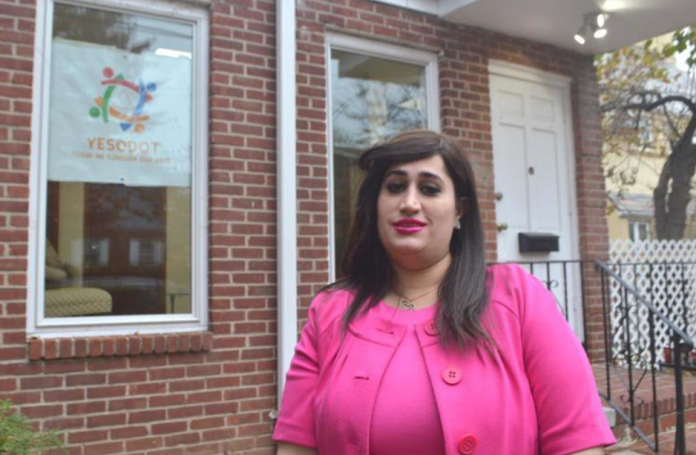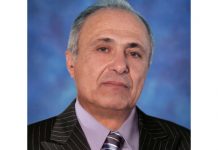
Forest Hills counseling center hopes to aid Bukharian addicts first, then all
Opioid deaths in Queens are finally on their way down after a four-year spike, with 49 recorded in the first quarter of 2019 —but it’s an offical New York City statistic Diana Rachnaev heavily doubts.
“My take is that less people are reporting it,” said Rachnaev, comparing the statistic to the often-neglected Census. “No one’s filling it out, therefore you don’t have the numbers. It’s not accurate reporting.”
Rachnaev specifically mentioned the Bukharian neighborhood of Forest Hills where she grew up, a community that has been hit espicially hard by the opioid epidemic. “These families are not going to tell you that it was an opioid issue, and a lot of these families don’t do autopsy because it’s against their relgion.”
To combat the opioid epidemic that has taken the lives of Rachnaev’s friends and neighbors, she set out to open a counseling center in the community. Yesodot, directly translating to “foundations” in Hebrew, searches to heal the root of the community’s afflictions, which Rachnaev believes is childhood trauma, and to reverse the shame and stigma of asking for help.
“We’re going to constantly create a culture of awareness so people can ask the right questions,” explains Rachnaev. “It hits close to home. It’s so many people who have been dying here in the neighborhood and there’s so many people taking their own lives, struggling with mental health and no one is speaking up because of the shame and the stigma. That’s the culture.”
Rachnaev teamed up with her siblings, Daniel and Ilana Rachnaev, as well as Greg McCants, Alan Sirowitz and Andrew Pyo, to break that stigma. Originally planning to open a wellness center for general health and nutrition, the group changed direction when members of the community came to it searching for advice on the opioid crisis and other afflictions, such as mental health issues, domestic violence and eating disorders. The founders, who have nearly a century of experience in the industry and similar services between them, according to Rachnaev, created Yesodot to provide an opportunity to heal their Bukharian neighborhood before eventually opening up to surrounding communities.
“These types of challenges, the opioid epidemic, domestic violence, substance abuse, mental health, it has no gender, no race. It doesn’t discriminate,” said Rachnaev. “It hits everybody and anybody and that’s what people need to realize is what unifies us. We’re all human at the end of the day.”
Yesodot is still waiting on licensing approval from the state Office of Mental Health before it can open its doors, but is eager to begin aiding the community.
Yesodot’s mission is rooted in four pillars: various approaches tailored per individual, personal measure outcome goals, life coaching and relapse prevention. A continuum of care after an individual finishes the program is what sets Yesodot apart from other clinics that claim to operate on a personalized basis, Rachnaev claims.
“There is no cookie-cutter format here,” she said. “There’s different styles of counseling and everyone has a different method that they respond to better. They’re all individuals that have their own aspirations.”
“We believe in choices … Give them their options, educate them on what their options are, don’t make people feel like they’re confined in these walls,” she continued.
Although not a main focus, Bukharian and Hebrew beliefs are scattered throughout the mission and pillars. One of Rachnaev’s goals is to teach the community that finding comfort in spirituality is an important aspect to healing, but cannot be the only aspect
“It’s such a small part and it can only keep you going for so much. [We want to] work with local rabbis to have their support as well because a lot of people do go to them, but rabbis are not professionals in these areas and they won’t be able to give you the answers you are looking for.”
Substance abuse and negative behavior prevention is a large function of Yesodot’s overall plan, specifically for the children of the community.
“The children here are going to be the victims of the toxic vicious cycle if we don’t put an end to it,” said Rachnaev. “That goes back to our theology. The children are the foundations. They’re staples of the community. When we all go, they’ll be the ones to continue, and if we don’t fix it now they’re only going to get worse.”
credit to qchron.com











